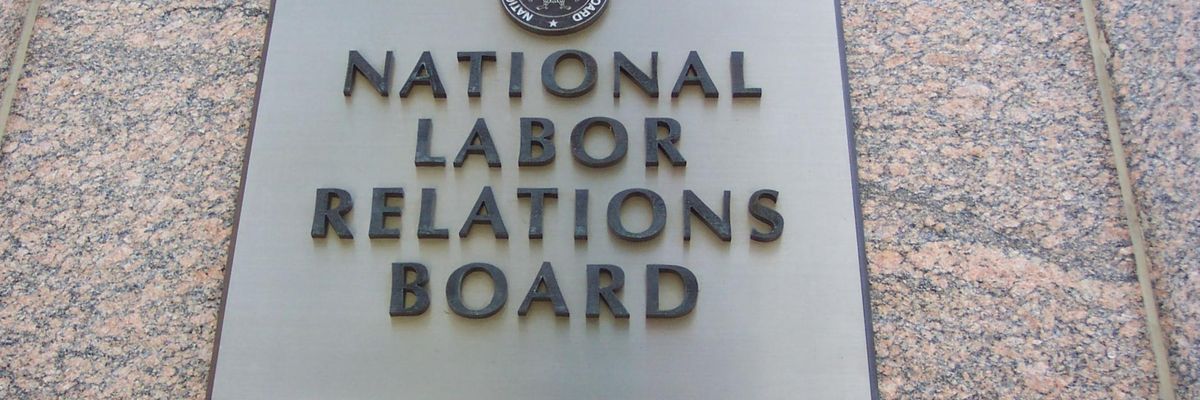A Trump-appointed federal judge in Texas has blocked a National Labor Relations Board rule that—had it been allowed to take effect on Monday—would have made it easier for workers to unionize at large companies.
The rule was passed four years ago, and it related to when two companies could be regarded as "joint employers" in labor negotiations. It was specifically aimed at dealing with situations like if a McDonald's franchise is a joint employer with its corporate brand.
"The new rule would have expanded that definition to say companies may be considered joint employers if they have the ability to control—directly or indirectly—at least one condition of employment. Conditions include wages and benefits, hours and scheduling, the assignment of duties, work rules, and hiring," CBSreports.
Essentially, the franchise and the corporation would be considered a joint employer under the new rule. This would allow workers to negotiate with the corporation.
"The District Court's decision to vacate the board's rule is a disappointing setback, but is not the last word on our efforts to return our joint-employer standard to the common law principles that have been endorsed by other courts," NLRB Chair Lauren McFerran said in a statement. "The agency is reviewing the decision and actively considering next steps in this case."
The U.S. Chamber of Commerce and others sued the NLRB in order to prevent the rule from going into effect. The Texas judge ruled in their favor, and he said the rule exceeded "the bounds of the common law."
